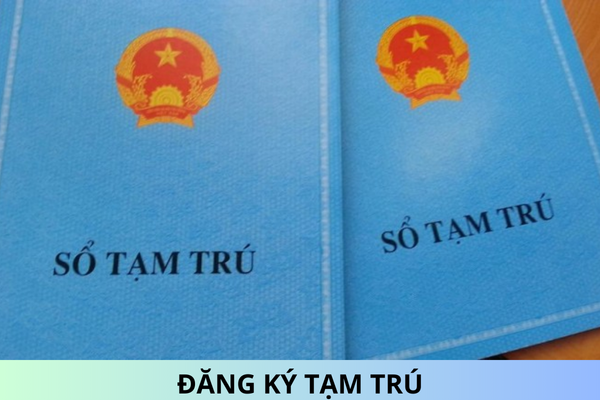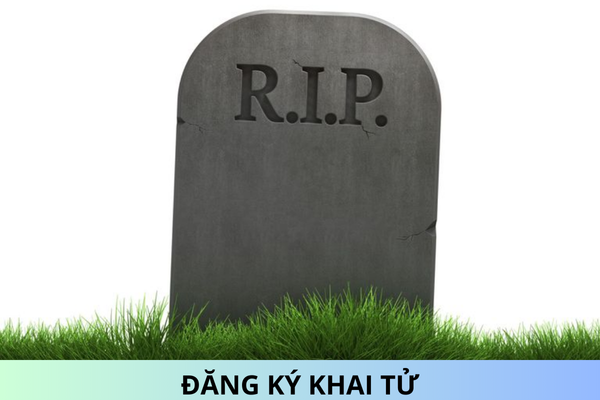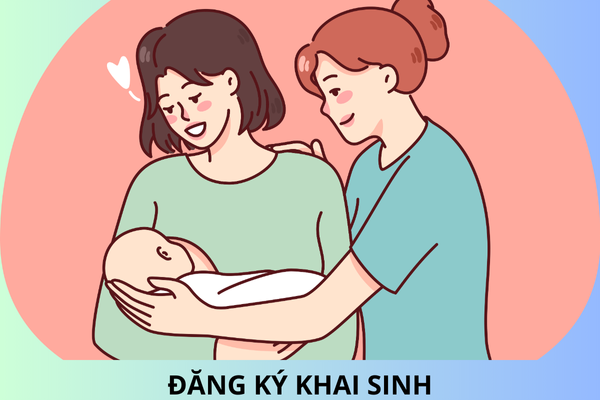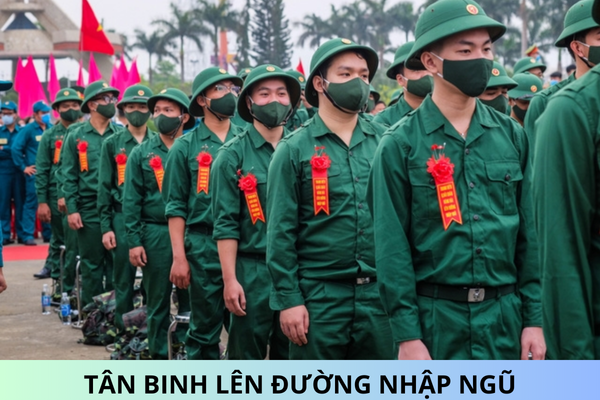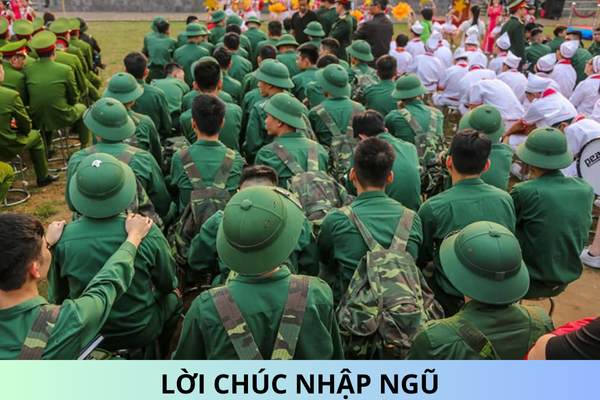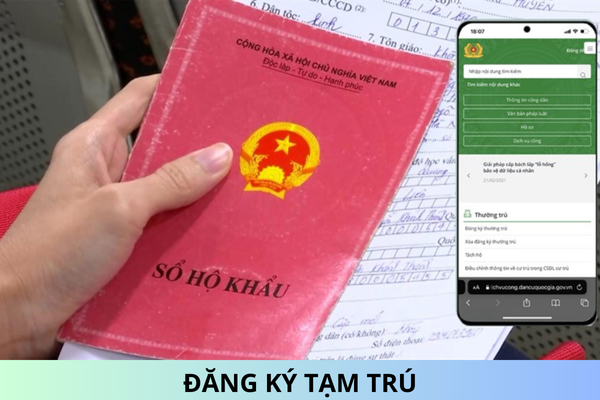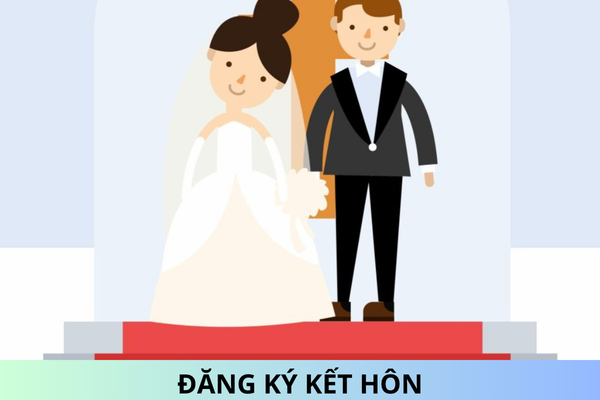Are persistent vegetative state people considered as persons with lack of legal capacity or limited legal capacity in Vietnam?
Are persistent vegetative state people considered as persons with lack of legal capacity or limited legal capacity in Vietnam? Do persistent vegetative state people have right to institute cases in Vietnam?
My aunt's accident resulted in persistent vegetative state, lying in one place. But now, someone is having a dispute over land use rights with my aunt's land. I wonder if my aunt living such a persistent vegetative state is considered a person with lack of legal capacity or limited legal capacity? And can my aunt have right to institute case? Thank you!
Are persistent vegetative state people considered as persons with lack of legal capacity or limited legal capacity in Vietnam?
Pursuant to Article 22 of the 2015 Civil Code, lack of legal capacity is as follows:
1. A court shall, based on the opinion of forensic-psychiatric examination by any authorized organization and at the request of a person with related rights or interests or a relevant agency or organization, issue a decision to declare a legally incapacitated person who as a result of his/her mental or other illnesses cannot realize or conduct his/her actions.
Where the basis on which a person has been declared incapacitated no longer exists, the court shall, at the request of such person or any person with related rights or interests, issue a decision to revoke the decision declaring the incapacitated person.
2. All civil transactions of a legally incapacitated person shall be established and performed by his/her legal representative.
According to Article 24 of the 2015 Civil Code, persons with limited legal capacity are as follows:
1. A court shall, at the request of a person with related rights or interests or a relevant agency or organization, issue a decision to declare a person with limited legal capacity after excessive drug consumption or other psychotropic substances, worsening material situation of the family.
The court shall appoint a legal representative of the person with limited legal capacity and the representation scope.
2. All civil transactions related to the property of a person with limited legal capacity declared by a court must obtain the consent of his/her legal representative, except for transactions to meet the needs of daily life.
3. Where the basis on which a person has been declared limited capacity of exercise no longer exists, the court shall, at the request of such person or any person with related rights or interests, issue a decision to revoke the decision declaring the incapacitated person.
A persistent vegetative state person is a person who is unable to speak, cannot move, but is still conscious.
According to the above provisions in Vietnam, a person who has lost his/her legal capacity is a person who cannot perceive and control his/her acts and the Court shall issue a decision to declare a legally incapacitated person who as a result of his/her mental or other illnesses cannot realize or conduct his/her actions.
Persistent vegetative state people are not considered to have limited legal capacity after excessive drug consumption or other psychotropic substances, worsening material situation of the family in Vietnam.
In summary, a persistent vegetative state person due to an accident is considered a person who has lost his/her civil act capacity when he/she is declared by a court to have lost his/her civil act capacity on the basis of conclusions of an assessment organization in Vietnam.
Do persistent vegetative state people have right to institute cases in Vietnam?
According to Article 186 of the 2015 Civil Procedure Code, right to institute cases is as follows:
Agencies, organizations and individuals are entitled to institute cases by themselves or through their lawful representatives (hereinafter referred to as the litigators) at competent Courts to request the protection of their legitimate rights and interests.
The right to initiate lawsuits of agencies, organizations and individuals is specified in Clause 5, Article 187 of the 2015 Civil Procedure Code, specifically:
1. Family affair authorities, children affair authorities and Vietnam Women's Union, within their tasks and power, may initiate lawsuits pertaining to marriage and family as prescribed in Law on marriage and family.
2. Employee collective’s representative organizations shall have the right to institute labor cases where it is necessary to protect the legitimate rights and interests of the employee collective or where authorized by the employees as prescribed by law.
3. Social organizations protecting interests of consumers shall have the right to represent consumers to institute lawsuits to protect interests of consumers or institute lawsuits themselves for public interests according to provisions of the Law on protection of consumers’ interests.
4. Agencies and organizations shall, within the scope of their respective tasks and powers, have the right to institute civil lawsuits to request Courts to protect the public interests and/or the State’s interests in the domains under their respective charge or according to law provisions.
5. Individuals shall have the right to institute lawsuits pertaining to marriage and family to protect legitimate rights and benefits of other people according to regulations on marriage and family.
In addition, according to Article 69 of the Civil Procedure Code 2015, the involved parties' civil procedure law capacity and civil procedure act capacity as follows:
1. The civil procedure law capacity means the capability to have the law-prescribed rights and obligations in civil procedures. Every agencies, organizations and individuals shall have the same civil procedure law capacity in petitioning the Court to protect his/her/its legitimate rights and interests.
2. The civil procedure act capacity means the ability to exercise one's own rights and obligations by him/herself in civil procedures or authorize his/her representative to participate in civil procedures.
3. The involved parties being persons aged full 18 years or older shall have full civil procedure act capacity, except for legally incapacitated person or except otherwise provided for by law.
Regarding persons with limited capacity of exercise, people with limited cognition or behavior control, their civil procedure act capacity shall be determined according to the decision of the Court.
4. The involved parties being persons aged under 6 years or persons losing their civil act capacity shall not have the civil procedure act capacity. The exercise of the civil proceeding rights and/or obligations of such persons, the protection of the legitimate rights and interests of such persons at Courts shall be performed by their lawful representatives.
5. For the involved parties being persons aged between full 6 and under 15 years, the protection of their civil proceeding rights and/or obligations and the protection of legitimate rights and interests of such persons at Courts shall be performed by their lawful representatives.
Regarding persons with limited capacity of exercise, people with limited cognition or behavior control, their civil procedure act rights and/or obligations and the protection of their legitimate rights and interests shall be determined according to the decision of the Court.
6. The involved parties being persons aged between full 15 years and under 18 years, who have worked under labor contracts or involved in civil transactions with their own properties shall have the right to participate in civil procedures themselves regarding matters related to such labor or civil relations. In such cases, the Court shall have the right to summon their lawful representatives to participate in the procedures. For other matters, the exercise of the civil proceeding rights and/or obligations of such persons at Courts shall be performed by their lawful representatives.
7. The involved parties being agencies, organizations shall participate in civil procedures through their lawful representatives.
According to this Article, if the persistent vegetative state person fully meets the conditions as prescribed above, he or she will have the right to initiate a lawsuit in Vietnam.
Best Regards!
